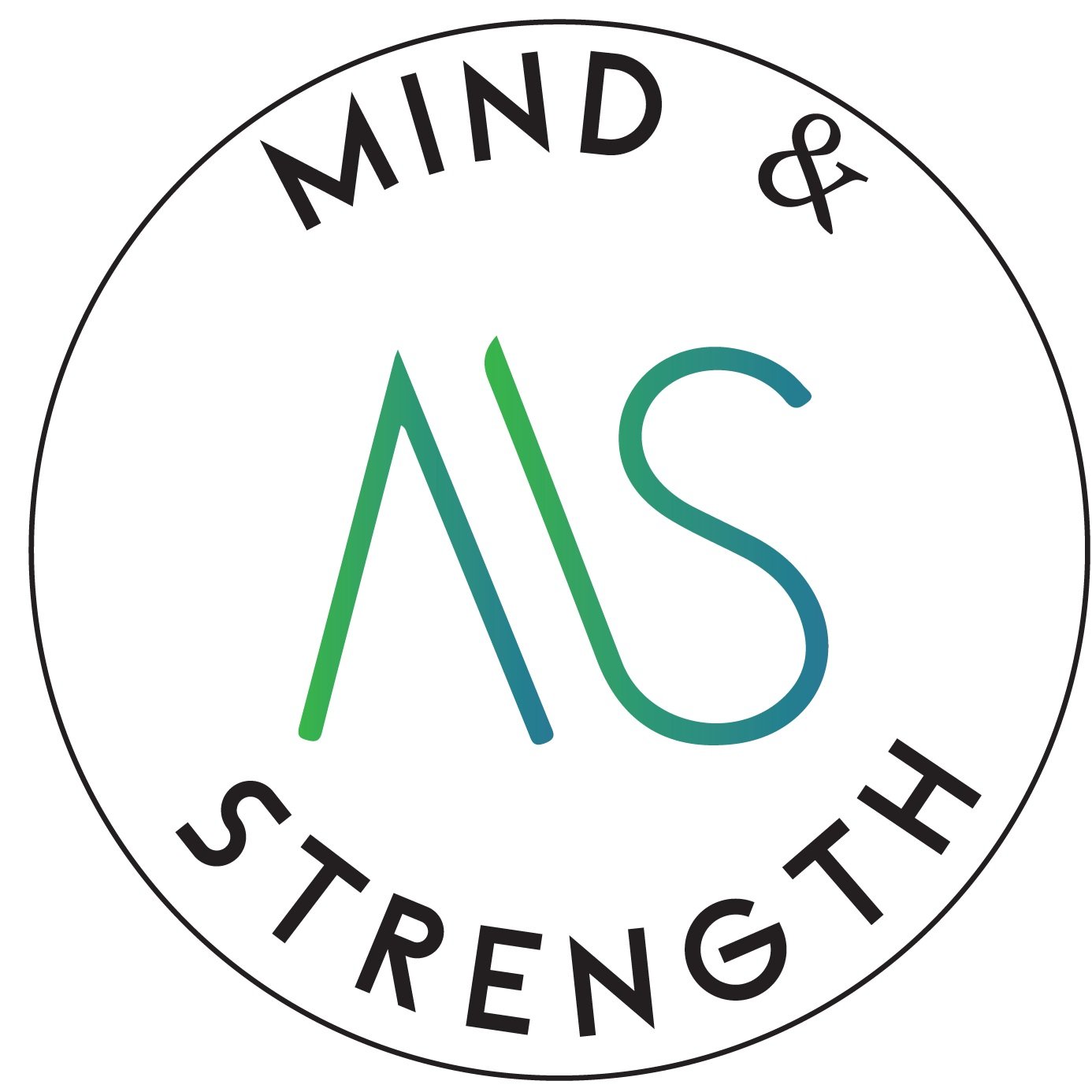Coping with Depression
Depression is a serious condition that affects millions of people worldwide. A recent study found 30% of adults in Utah experience mental illness, including depression. Coping with depression can be a challenge, but there are a number of strategies that can help you manage your symptoms and improve your mood.
It's OK to ask for help. One of the most important things you can do is to seek professional help. But it's hard to know where to start. It's scary to trust someone to help you out of this dark place. At Mind and Strength we can help you identify the underlying causes of your depression and develop a treatment plan that is tailored to your needs. As you work with the therapists at Mind and Strength of Utah, you will soon feel more hope and feel more capable in dealing with your problems. You will learn skills such as how to slow down your own thoughts, how to calm your body down when anxious, and how to deal with triggers. You will quickly feel more calm, confident, and less overwhelmed. Learning how to use mindfulness in your own life will create powerful change that you didn't know was possible by yourself. You will learn how to speak kindly to yourself through difficult times instead of beating yourself up every time something goes wrong or you make a mistake. At Mind and Strength we can help you.
It's important to take care of yourself. In addition to seeking professional help, there are a number of self-care strategies that can help you cope with depression. These may include getting regular exercise, eating, getting enough sleep, and practicing relaxation techniques like meditation or deep breathing.
My #1 tip for coping with depression is connection. Connection is so important for anyone who is struggling with depression. It's also important to stay connected with friends and family, even if you don't feel like it. Connecting with yourself (Such as walking, breathing, taking a shower, etc.) and connecting with others allows you to receive the support that you need as well as it helps you to cope. Connection helps you to know that you are not alone no matter how hard it gets. Originally from California, I've discovered how calming the outdoors such as the mountains or the nearby lakes can be for my soul. It's so nice to live 10-15 minutes from hiking trails! Take advantage of the beauty areas such as Bountiful, Utah and Salt Lake City, Utah have to offer and try to use nature as a way to connect with yourself.
My #1 tip for coping with depression is connection. Connection is so important for anyone who is struggling with depression. It's also important to stay connected with friends and family, even if you don't feel like it. Connecting with yourself (Such as walking, breathing, taking a shower, etc.) and connecting with others allows you to receive the support that you need as well as it helps you to cope. Connection helps you to know that you are not alone no matter how hard it gets. Originally from California, I've discovered how calming the outdoors such as the mountains or the nearby lakes can be for my soul. It's so nice to live 10-15 minutes from hiking trails! Take advantage of the beauty areas such as Bountiful, Utah and Salt Lake City, Utah have to offer and try to use nature as a way to connect with yourself.
Finally, try to be kind to yourself. Depression can be a challenging condition to live with, and it's important to remember that you're doing the best you can. Take things one day at a time, and don't be too hard on yourself if you have setbacks. With time and the right support, you can learn to manage your depression and lead a fulfilling life.
You are NOT weak
Remember healing IS possible. Struggling with depression is hard, and it can make it especially difficult to remember that there is hope and healing. No matter where you are in mental health journey please remember that healing is always possible no matter how much your mental health declines. Healing will come.
The therapists at Mind & Strength Counseling of Utah are here to help you find your true holistic approach to mental health and exercise. Check us out and make an appointment today!

